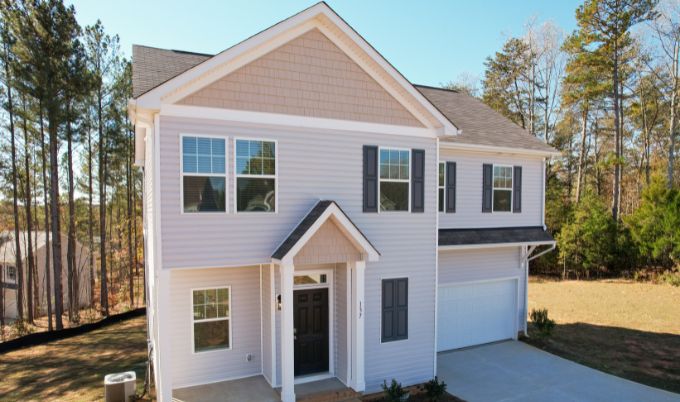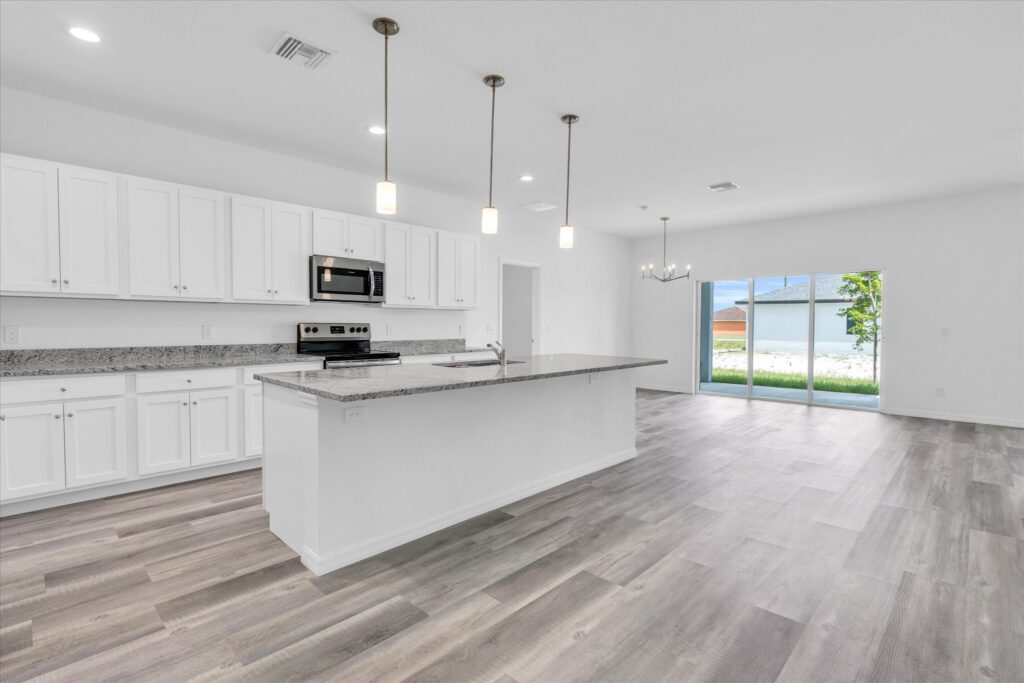Numbers in blue boxes can be modified. Calculations
under all
tabs update in real-time.
Cash Flow and Equity Accumulation
| INCOME ANALYSIS |
YEAR 1 |
YEAR 2 |
YEAR 3 |
YEAR 4 |
YEAR 5 |
YEAR 10 |
YEAR 20 |
YEAR 30 |
| Gross Scheduled Income |
|
|
|
|
|
|
|
|
| Less Vacancy Allowance |
|
|
|
|
|
|
|
|
| Gross Operating Income |
|
|
|
|
|
|
|
|
|
| Property Taxes |
|
|
|
|
|
|
|
|
| Insurance |
|
|
|
|
|
|
|
|
| Utilities |
|
|
|
|
|
|
|
|
| Homeowners Association |
|
|
|
|
|
|
|
|
| Maintenance Reserve |
|
|
|
|
|
|
|
|
| Property Management |
|
|
|
|
|
|
|
|
| Total Operating Expenses |
|
|
|
|
|
|
|
|
|
| Net Operating Income |
|
|
|
|
|
|
|
|
| Capitalization (Cap) Rate (%) |
|
|
|
|
|
|
|
|
|
| Less Mortgage Expense |
|
|
|
|
|
|
|
|
| CASH FLOW |
|
|
|
|
|
|
|
|
| Cash on Cash Return |
4.8% |
6.1% |
7.5% |
8.9% |
10.4% |
18.7% |
41.4% |
75.3% |
|
| EQUITY ANALYSIS |
YEAR 1 |
YEAR 2 |
YEAR 3 |
YEAR 4 |
YEAR 5 |
YEAR 10 |
YEAR 20 |
YEAR 30 |
| Property Value |
$150,000 |
$156,000 |
$162,240 |
$168,730 |
$175,479 |
$213,497 |
$316,027 |
$467,798 |
| Plus Appreciation |
$6,000 |
$6,240 |
$6,490 |
$6,750 |
$7,020 |
$8,540 |
$12,642 |
$18,712 |
| Less Mortgage Balance |
$118,659 |
$117,228 |
$115,701 |
$114,071 |
$112,333 |
$101,731 |
$66,798 |
$0 |
| TOTAL EQUITY |
$37,341 |
$45,012 |
$53,029 |
$61,409 |
$70,166 |
$120,306 |
$261,871 |
$486,510 |
| Total Equity (%) |
24% |
28% |
31% |
35% |
38% |
54% |
80% |
100% |
|
| FINANCIAL PERFORMANCE |
YEAR 1 |
YEAR 2 |
YEAR 3 |
YEAR 4 |
YEAR 5 |
YEAR 10 |
YEAR 20 |
YEAR 30 |
| Cumulative Net Cash Flow |
$1,686 |
$3,823 |
$6,432 |
$9,531 |
$13,143 |
$19,651 |
$34,042 |
$60,237 |
| Cumulative Appreciation |
$6,000 |
$12,240 |
$18,730 |
$25,480 |
$32,500 |
$41,040 |
$53,682 |
$72,394 |
| Total Net Profit if Sold |
- |
$1,309 |
$9,548 |
$18,158 |
$27,158 |
$78,674 |
$224,020 |
$454,393 |
| Annualized Return (IRR) |
- |
10.9% |
15.7% |
17.6% |
18.4% |
18.6% |
17.5% |
16.9% |



